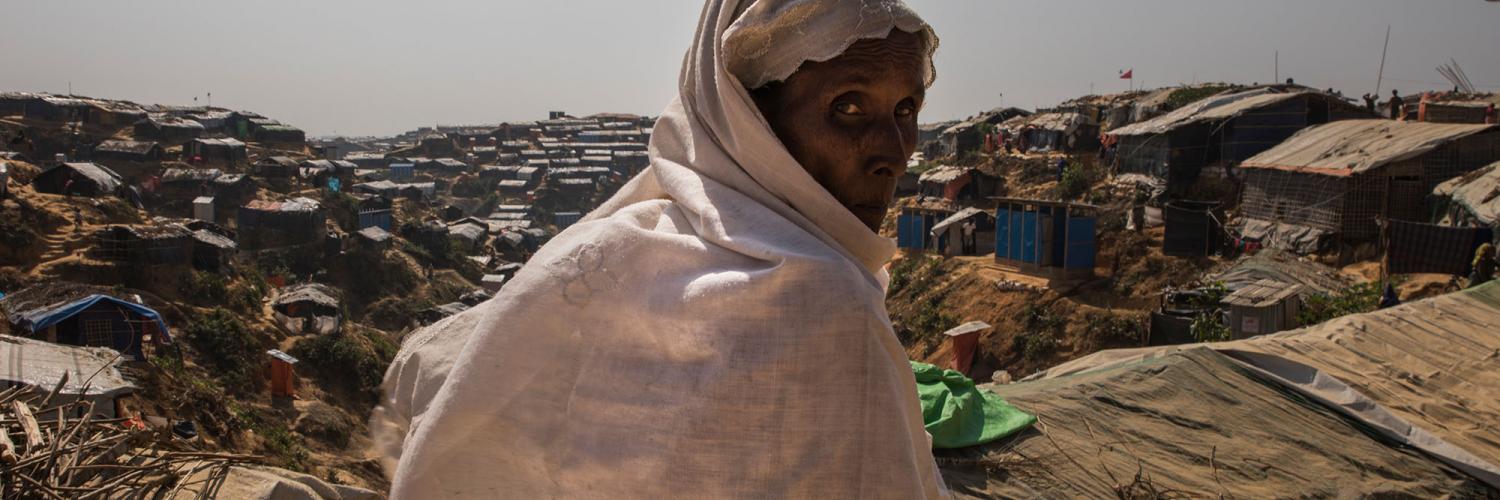
Breadcrumb
- Home
- Mental Health: The Invisible Emergency
- What We See: Mental Health in Emergencies
What We See: Mental Health in Emergencies
Where we work, we see patients confronting difficult and distressing situations such as disasters, conflict, loss or displacement.
These conditions lead to anxiety and depression. We have seen patients who cannot cope, and are immobilised by the challenges that they fled from or are continuing to face in their day-to-day lives. Oftentimes, even if our patients heal from their physical injuries, their psychological wounds remain.
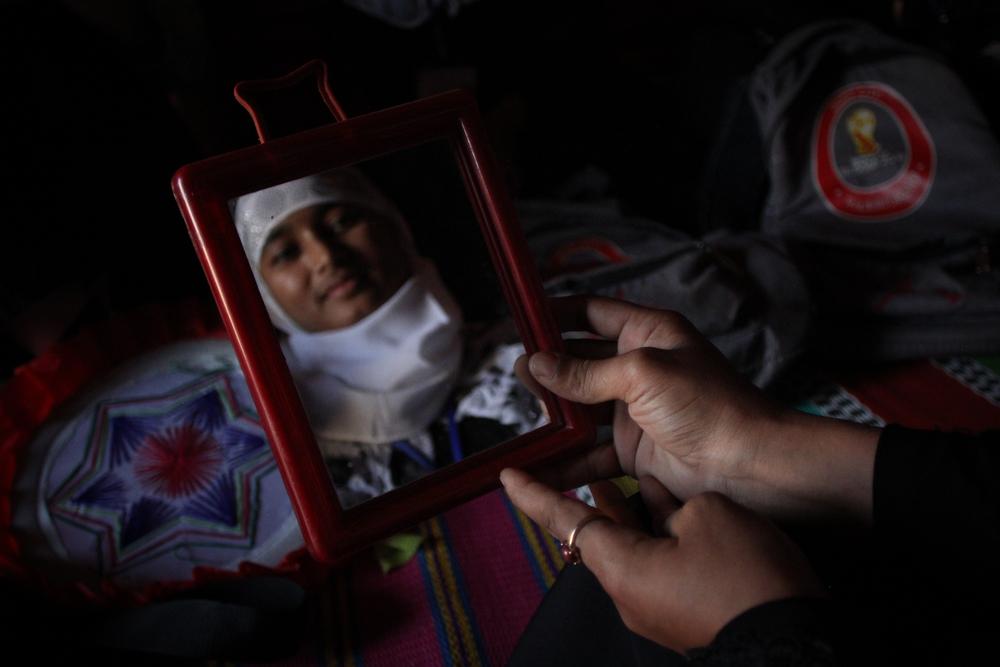
Noor lives in Balukhali makeshift settlement, Bangladesh.
"If a woman has been raped she will immediately feel alone and isolated. She will not speak to anyone and she will not look after herself. I’ve helped different women speak about their feelings and fears. Women have been suffering a lot, many of them have lost their husbands. Now they are alone and they have to educate their children."
Bangladesh, 2018. © Sara Creta/MSF
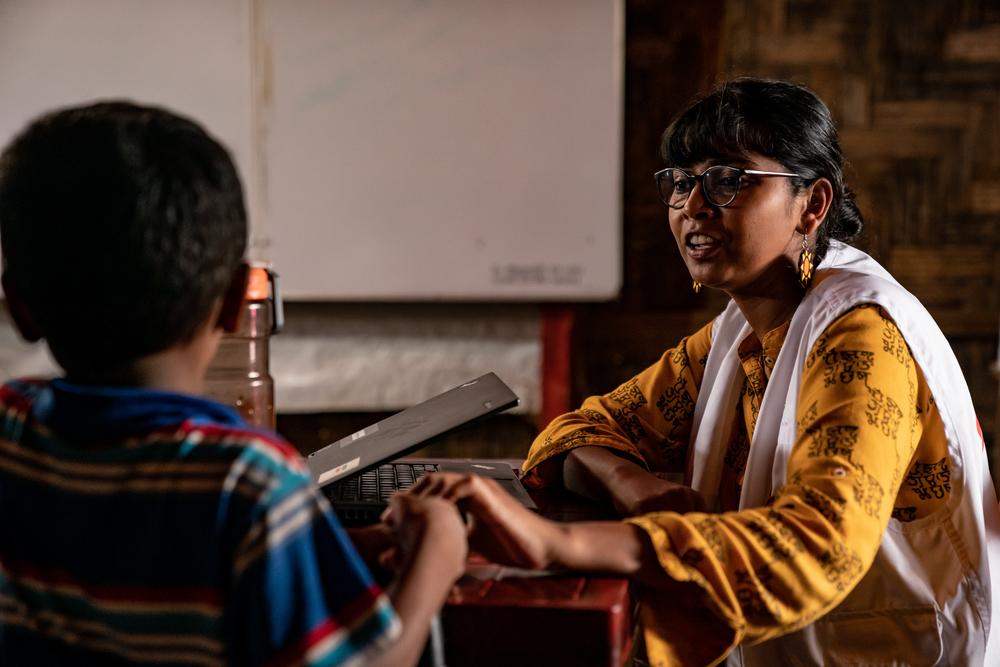
Pooja Iyer, a mental health manager at the Doctors Without Borders primary health centre in Jamtoli, Cox’s Bazar, Bangladesh.
“We are seeing an increase in the number of patients with depression and anxiety. Most of them experienced violence and the loss of an immediate relative in Myanmar. In the camps, they live in cramped shelters with poor hygiene. Sometimes a family of ten will have just enough space to sleep beside each other. It is literally cheek by jowl – imagine having no space to stretch your legs.”
Bangladesh, 2019. © Anthony Kwan
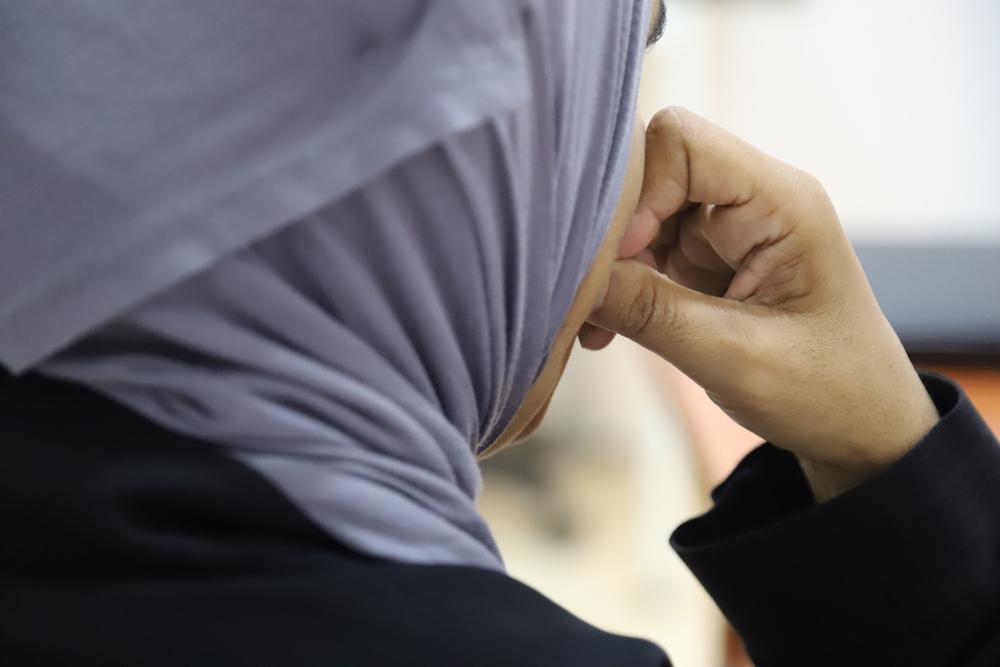
“Mental illness is one of the hardest diseases to suffer from. But there is hope, and I have made remarkable progress. I couldn't eat, but now I can. I couldn't sleep, but now I can, although the night still frightens me a little, perhaps because I am unable to forget my friend whose loss has deeply traumatized me," said Aabir, a 40-year-old woman sharing her experience with mental disorders.
Aabir is receiving psychological support and pharmacological treatment at Doctors Without Borders clinic in Dar El Zahraa hospital in Tripoli, as part of the Mental Health Gap program that Doctors Without Borders is implementing since 2017.
Lebanon, 2019. © MSF/Jinane Saad
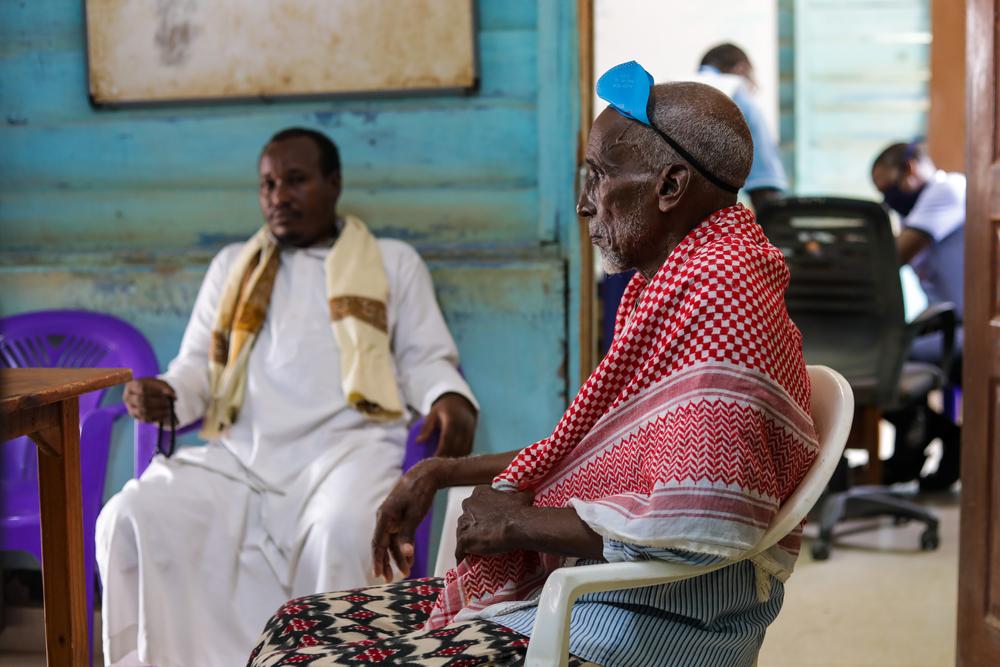
A mental health crisis is growing in the Dadaab refugee complex, where hundreds of thousands of Somalis have been stuck for decades. In Dagahaley, the number of attempted suicides is rising, and psychosocial consultations have jumped by more than 50 per from last year, over the same time period until September.
In this picture, Haret Abdirahman sitting with his youngest son, who has a mental illness, during a consultation in Doctors Without Borders' mental health clinic. Haret's eldest son committed suicide in August 2020, after what he says were frustrations from a desolate life.
Kenya, 2020. © MSF
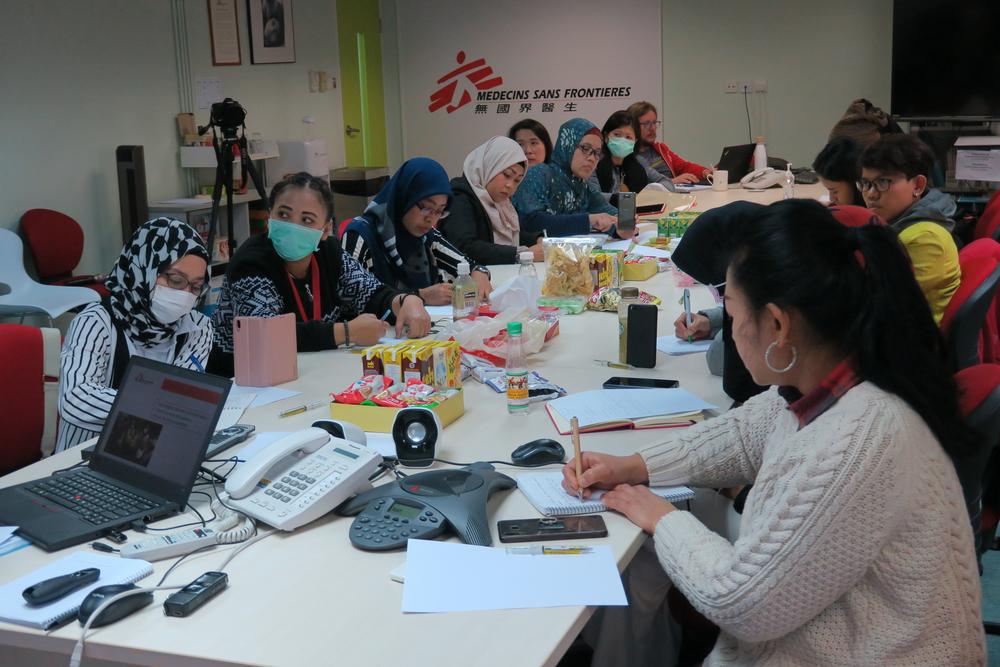
Doctors Without Borders health promotion team in Hong Kong has conducted “training of trainers” session for the Filipino and Indonesian domestic workers. The domestic workers learned about COVID-19, prevention measures, and simple coping mechanisms as part of psychological first aid.
Hong Kong, 2020. © MSF
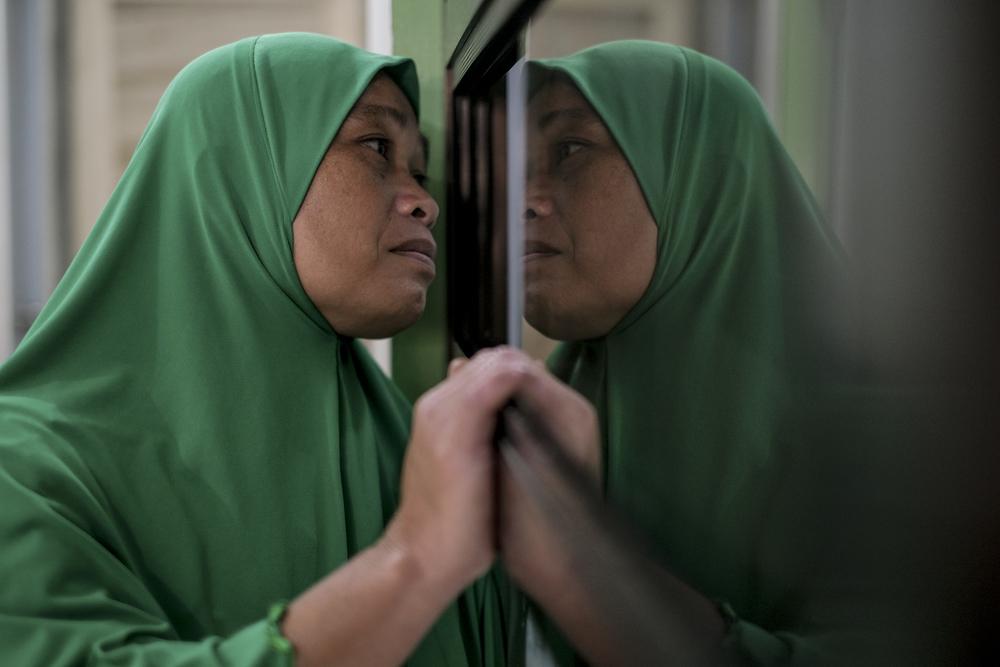
In 2017, local groups affiliated with IS attacked the city of Marawi, in an attempt to seize control over the only Islamic city of the Philippines. The city was under siege for five months, from May to October 2017, and over 370,000 people had to flee their homes. While the siege is over, the IDPs have remained in precarious conditions in the years since. Patients from Marawi and neighboring towns visit the Regional Health Office to avail of free medical check-ups and consultations.
Marawi, 2020. © Veejay Villafranca/MSF
More than providing medical care... what we try to do is to help people believe in themselves and believe that they still have their dignity.Dr Jan Krisna Rodriguez, Filipino Doctor
Doctors Without Borders works to support our patients in recovering from their psychological wounds. We have our team of mental health specialists in our projects around the world, who listen, support and provide mental healthcare, so traumatic experiences do not come to define our patients' lives.
In this video, Dr Jaykee Krisna Rodriguez explains our mental health programme:
In 2020, the COVID-19 pandemic has added another burden to our patients, causing a different wave of trauma, fear, loss and uncertainty. As mental health needs increased, travel restrictions and protocols also severely disrupted our services.
As the pandemic continues, people also die of malaria, malnutrition and other diseases in the countries where we work, often for lack of available healthcare. Movement restrictions prevent people from reaching our clinics, much needed vaccination campaigns are cancelled, among others.
This is why for Doctors Without Borders, we work to maintain our existing healthcare services during the pandemic while also ensuring that mental health services exist.